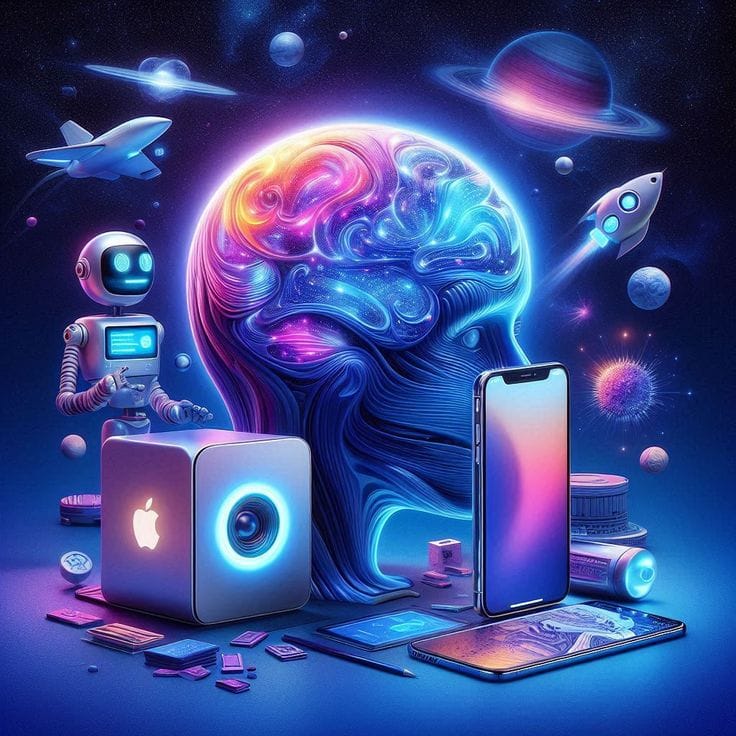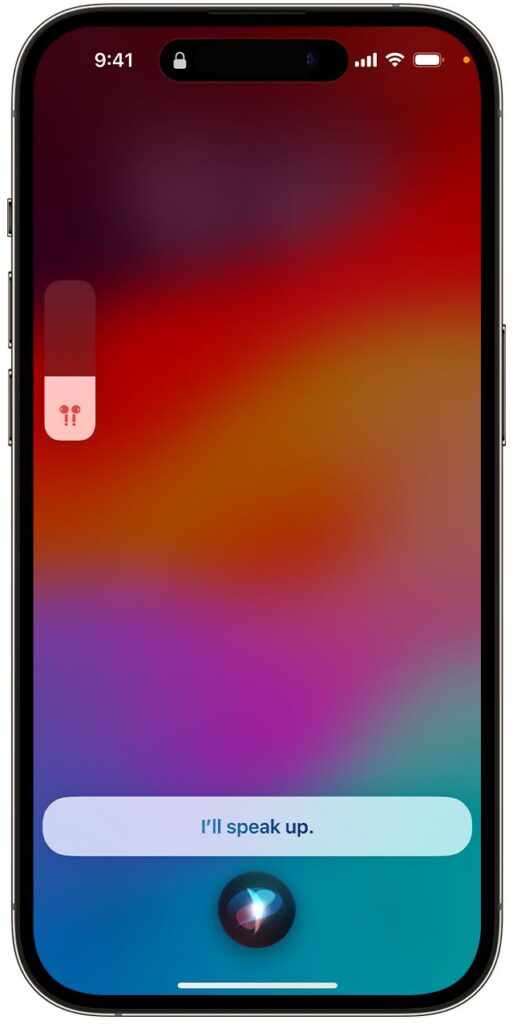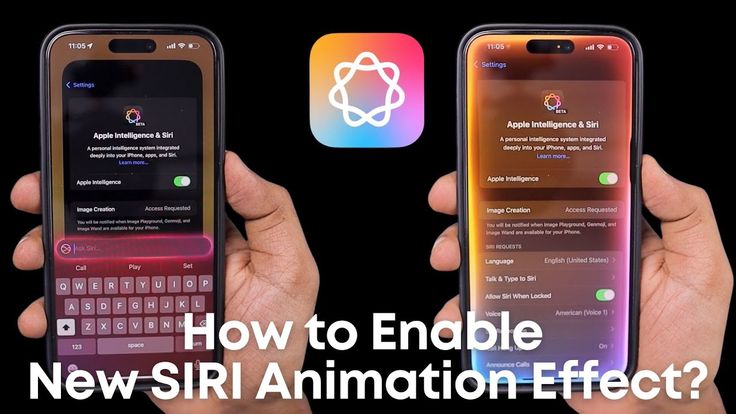
If you’ve owned an Apple device since 2014, you may be eligible to receive a portion of the $95 million settlement. The key issue is whether Apple’s voice assistant Siri secretly recorded people’s private conversations without their knowledge or consent.
The class action lawsuit, formally known as Lopez v. Apple, was filed in a California federal court in 2021. The lawsuit was filed by users who claimed that their Apple devices, such as iPhones, iPads, and Apple Watches, were picking up and recording private conversations due to accidental Siri activation. Although Apple has agreed to a settlement, it strongly denies any wrongdoing or illegal interest.
What The Lawsuit Is About :-
At the center of the case is Apple’s voice assistant, Siri. Siri is designed to listen when users say ”Hey Siri” or press a specific button. But users say the assistant often turns on accidentally -without them saying anything. When that happens, Siri can start recording and listening to conversations, including private and sensitive ones.

According to the lawsuit, these unintended recordings were sometimes shared with third-party contractors. In a major 2019 report by The Guardian, whistleblowers claimed that people hired to review Siri recordings often overheard confidential details such as medical conversations, personal relationships, and business conversations.

In the lawsuit, the plaintiffs claim that the recordings were sometimes used by companies to serve targeted ads, even though users never gave permission for such data to be collected. Some users say they were targeted with ads related to topics they had only spoken about out loud – not detected online.
What Apple Says :-
Apple has denied all allegation. The company says Siri is designed to protect user privacy and most recordings are handled on the device rather than shared. It acknowledges that some voices were shared with contractors to improve Siri’s performance, but insists that only a small portion of the recordings are reviewed by people at any given time.

Apple has agreed to pay $95 million to settle the case and avoid a legal battle. The settlement does not mean Apple is admitting guilt – it simply allows the case to be resolved without further legal action.
Are You Eligible to Receive Money :-
If you purchased or owned an Apple device with Siri between September 17, 2014 and December 31, 2024, and you experienced unintentional Siri activation at some point during a private or confidential verbal exchange, you may be entitled to a share of the settlement.

The following gadgets are included in the lawsuit:
- iPhones
- iPads
- Apple Watches
- MacBooks
- iMacs
- HomePods
- Apple TV streaming devices
- iPod Touches
Basically, you should think about making a claim if your Apple iPhone was capable of using Siri at the time and unintentionally recorded your private conversation.
How to File a Claim :-
To get your share of the $95 million settlement, you’ll need to submit a claim through the Lopez Voice Assistant Settlement website. Some people have already received an email or postcard with a claim ID and verification code. If you haven’t received one, don’t worry. You can still submit a manual claim on the site.
When filing your claim, you will need to swear that you experienced unintentional Siri activation during a private conversation. It is important to be honest in your claim – false claims can lead to penalties.
When Will You Get Paid? :-
A hearing to approve the final settlement is scheduled for August 1, 2025. If the court gives the green light, Apple will then begin sending payments to approved claimants. The number of people who submit claims and have them accepted will determine how much each person receives.
Background of the Lawsuit :-
Although the lawsuit was initially filed in March 2021, issues surrounding Siri’s privacy policies have been around for years. In 2019, The Guardian published a discovery report in which former Apple contractors said they regularly listened to private conversations picked up by Siri — even when voice was activated by the assistant.

The contractors insisted that they listened to private conversations, legal discussions, and medical information. Apple later admitted that a small percentage of Siri’s requests were reviewed by human graders to improve the accuracy of voice recognition, but said the audio was anonymous and not linked to the user’s identity.
The contractors claimed to have listened to things like medical information, legal discussions, and intimate personal conversations. Apple eventually admitted that human graders reviewed a small percentage of Siri’s queries to improve the accuracy of speech recognition, but claimed that the audio was anonymous and not linked to the user’s identity.
Following the backlash, Apple halted its human grading program and introduced an update so users could opt out of voice sharing.
What Happens Next? :-
Take some time to read the Legal Notice and learn about your rights if you think you may be affected by this class action. Visit the settlement website and decide whether you want to file a claim, opt out, or do nothing.
If your claim is accepted, you may receive compensation from the settlement.

If you choose, you will not receive any money from the settlement, but you will still have the right to sue Apple for your personal damages.
If you choose to opt out, you retain the ability to sue Apple independently, but you will not receive any compensation from the settlement.
If you do nothing, you will still be bound by the terms of the settlement, but you will not incur any costs.
This case is a stark reminder that voice assistants, even useful ones, can come with significant privacy issues. It’s the responsibility of both businesses and individuals to understand how this information is handled, as constantly listening devices can sometimes hear things they shouldn’t.
Apple users are advised to double-check their privacy settings, understand what their gadgets are doing in real time, and stay informed about such criminal trends.